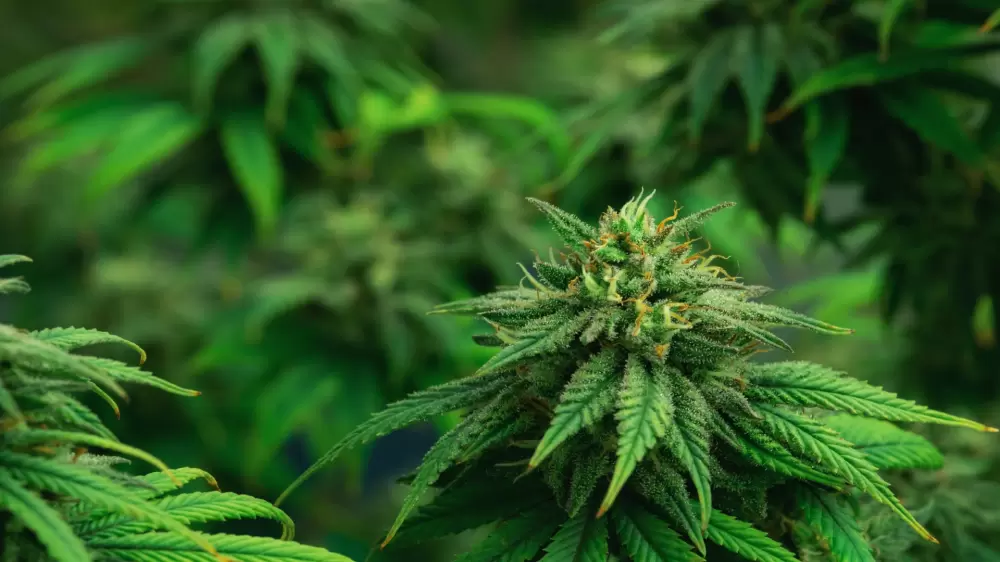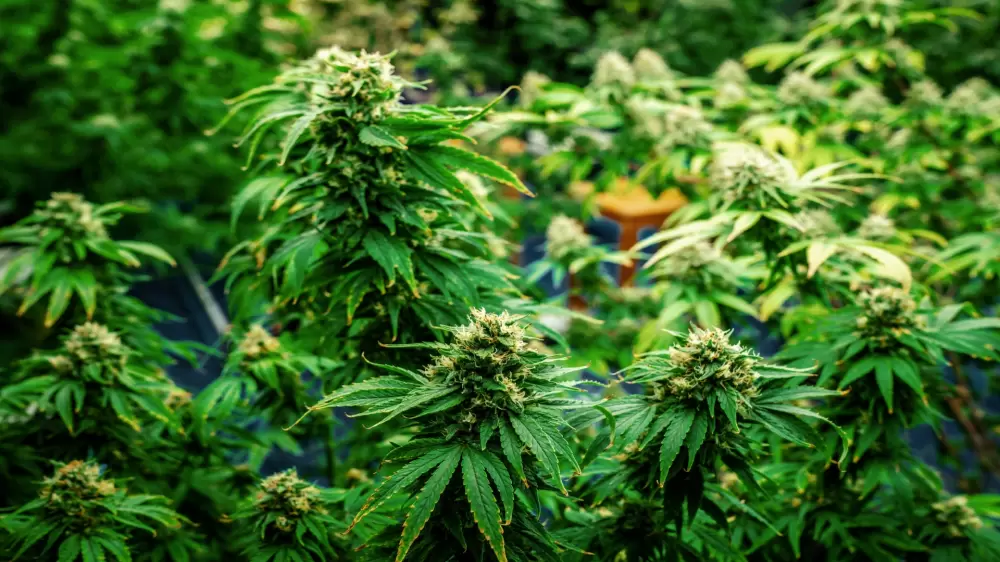IS HHC THE NEW THC?

By now, we all know CBD and THC: two common cannabinoids from the cannabis plant. But most people will not yet have heard of HHC, hexahydrocannabinol. That won't last long, as HHC is becoming increasingly popular. Especially in countries where THC is not legal, as HHC is considered its legal and safe counterpart. Read everything you need to know about this little substance here. Is the hype justified?
What is THC?
THC stands for Δ9-TetraHydroCannabinol. You can find this active ingredient in weed and hashish. It is the molecule that causes the well-known effects of these substances. In other words: this is what gets you high. Specific effects of THC include getting a laugh kick, relaxation and other effects on your mood. It can also have the side effect of promoting your appetite and cravings. Many people are only too familiar with those munchies after a joint or edibles. Besides having those psychoactive effects, it can also be used as a painkiller (just like CBD can be analgesic), anxiety reliever and anti-inflammatory. It can also make you more tired and fall asleep faster.
Besides Δ9-TetraHydroCannabinol, there is also its little brother Δ8-TetraHydroCannabinol. Read about the differences between these two compounds in this blog.
What is HHC?
HHC stands for hexahydrocannabinol. The first thing to know about this substance is that it is almost impossible to find in a cannabis plant. In fact, it is made in the lab. From THC to be precise. So it is a (semi-)synthetic substance and not a 100% natural one like THC.
The effect and effects of HHC
The exact effects of HHC are not yet entirely clear. Research into the substance is still in its infancy. Nevertheless, some things are already clear about its effects and possible mechanisms of action. Not surprisingly, HHC resembles THC in structure and action. The structures of the molecules of these two compounds are similar.
Some of the effects of HHC mentioned are euphoria and a different (often better) mood, laughter kicks, a high feeling and stronger appetite. Also, users of HHC report experiencing less anxiety and stress and less pain symptoms. Last but not least, HHC seems to have cancer-inhibiting effects - just like THC. Clear similarities with the effects of THC, then. However, it does seem that HHC gives slightly less intense effects than THC.
Does HHC have advantages over THC?
For now, HHC seems a safe and equal alternative to THC. So what makes HHC the THC of the future? The main difference at the moment lies in legislation abroad. In the Netherlands, we may be blessed with coffee shops. But in countries like America, the cannabis plant and thus THC is still part of the war on drugs raging there. However, HHC is (still) legal there. In fact, US law states that products extracted from cannabis are okay if they contain less than 0.3 per cent THC. And HHC jumps through that hoop with ease. Of course, we are waiting for legislative changes to make HHC a banned substance, especially with the conservative course the USA is currently on.
A second difference between HHC and THC was mentioned earlier: HHC is slightly less potent. This is an advantage for some users, but a disadvantage for others. The latter target group would therefore have to use more of it if they want to feel strong effects.
HHC versus THC: is HHC a worthy successor?
HHC is a new player in the cannabinoid market. So new that not very much research has yet been done on its effects and mechanism of action. Thus, the long-term effects of this little substance are not yet clear. The fact that HHC is legal (for now) in the United States could be seen as an advantage. But that does not automatically make it a better or healthier alternative to THC. More research is simply needed for that. Still, HHC does not seem likely to pose more health risks than THC, since it is made from that substance.

















